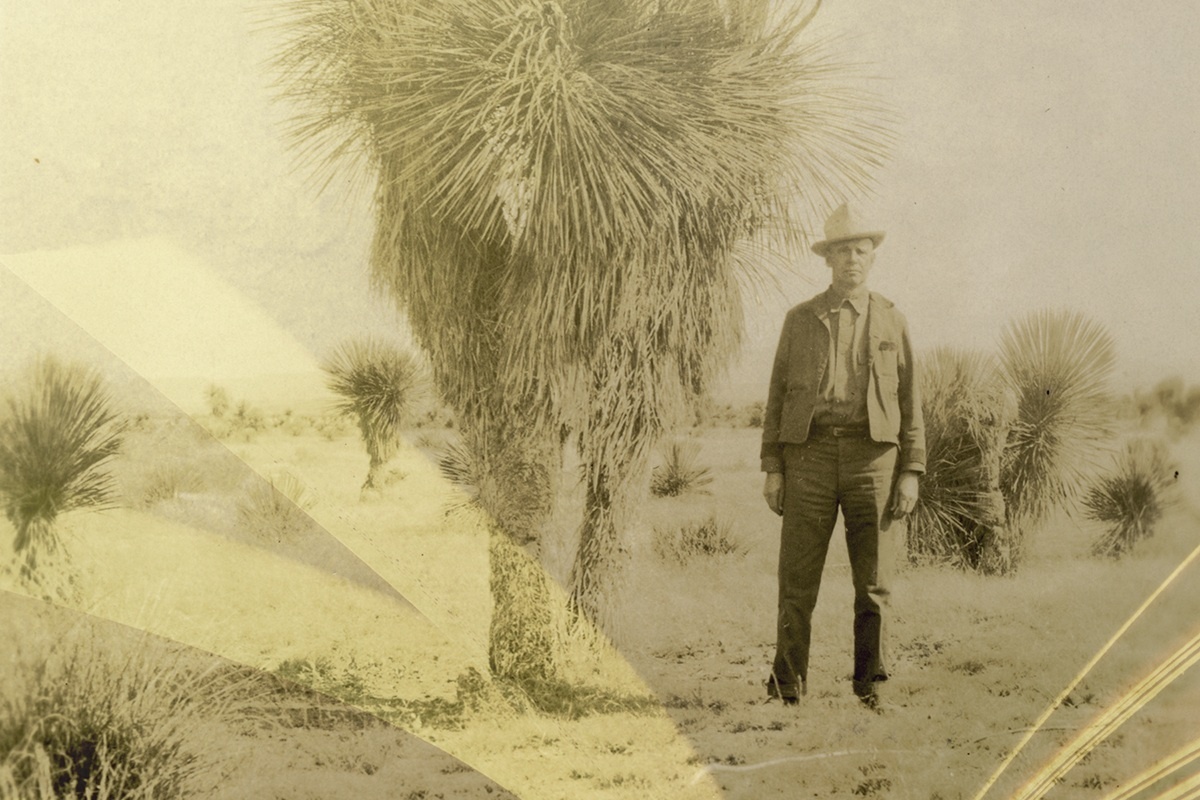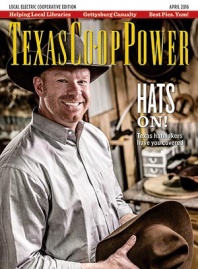Not long ago I was prowling around the shelves of the Wildenthal Library at Sul Ross State University, which I often do when I have gone over there to look something up and have some spare time on my hands, and I stumbled on a clutch of English fox-hunting memoirs, books with titles like Trencher and Kennel: Some Famous Yorkshire Packs, published in London in 1927, and The Eighth Duke of Badminton and the Badminton Hunt, London, 1901. These seemed to me to be odd volumes to encounter in the library of a West Texas cow college until I remembered Texas Ranger Captain Roy W. Aldrich, whose library and papers were acquired by Sul Ross in 1958. Then it all made sense.
Roy Aldrich was undoubtedly the most literate Texas Ranger in the history of the ranger force, and surely one of the most intellectually curious. By the time of his death in 1955 he had assembled a library of 10,000 volumes, which took up the entire second floor of his large Austin home. The first floor was stuffed with collections of Indian pottery, arrowheads and stone artifacts, horns, spurs, firearms, and other Western memorabilia. The 20-acre grounds of that home, which was out east of town on Manor Road, included several gardens of native plants and a private zoo. Aldrich was an omnivorous reader who spent most of his salary on books, as the receipts in his papers show. The largest part of his library consisted of volumes on Texas and the Southwest, but he also formed respectable collections on ornithology, natural history, hunting and outdoor life (thus the English fox-hunting memoirs), and travel.
Aldrich’s life was as varied and colorful as his library. He was born in 1869 in Illinois and grew up in Golden City, Missouri, where his father owned a bank. He never went to school. He was educated at home by his mother, who had been a teacher. When he was 17 he left home and went to Idaho, where he worked as a lumberjack and steamboat hand. In the 1890s he spent some time as a horse trader and deputy sheriff in Oklahoma Territory, as the owner of a coffee plantation in Mexico, and as a stagecoach driver in Arizona Territory. During the Spanish-American War he served as a second lieutenant in the Second Missouri Volunteer Regiment in the Philippines, and when that war was over he took a load of horses to South Africa for the British Army’s remount service in the Boer War. He was sheriff of Kiowa County, Oklahoma Territory from 1903 to 1907, when he came to Texas and went into the real estate business, first in Corpus Christi and then in San Antonio. When the border troubles broke out in 1915 he couldn’t stay away from the action and, at the age of 45, he joined the Texas Rangers as a private in Company A, stationed in Rio Grande City. His talents were quickly recognized and by 1918 he had been promoted to captain and appointed Quartermaster and Paymaster of the Rangers, a position he held for 28 years until his retirement in 1947.
Aldrich first came to the Big Bend on Ranger business in 1920 and returned many times over the years, sometimes on official business and sometimes to collect plants and natural history specimens. He made many friends here, including Sul Ross president Horace Morelock. In 1940 Morelock started trolling for Aldrich’s library and collections, hoping to bring them to Sul Ross. He wrote Aldrich a letter describing the new museum building on the campus, saying that it was “fireproof and had steel doors, every one of which is kept locked.” He pointed out that ex-Rangers James B. Gillett and Everett Townsend had recently donated their collections to the museum, adding that “we are specializing in this type of material.” When Aldrich failed to take the bait, Morelock got Harry Anthony DeYoung, who ran the Sul Ross summer art program, to paint Aldrich’s portrait on horseback to hang in the museum. He persuaded a graduate student to write Aldrich’s biography for her master’s thesis. Aldrich donated several items to the museum, and told Morelock several times that he wanted his library to eventually go to the college, but he could not bear to part with his books during his lifetime. Aldrich never married and when he died in 1955, he left his entire estate, including his library, to his housekeeper, a Mrs. R.M. Riley of Austin.
Friends of Sul Ross immediately mobilized to bring Aldrich’s library to Alpine. Dudley Dobie, a San Marcos bookseller and a long-time friend of Aldrich, offered to inventory and appraise the books. Mrs. Riley agreed to sell them for their $50,000 appraised value. Legendary Big Bend rancher Hallie Stillwell and Virginia Madison, the woman who had written her thesis on Aldrich, set out in a Sul Ross station wagon to raise the money. It was in the middle of the drought and no one had any spare cash. In a letter to the Alpine Avalanche, Stillwell told how they drove all over West Texas and came back to Alpine two days before the deadline with pledges for $47,000. That night she and Madison ran into H.L. Kokernot, Jr. at the American Legion Hall and told him their story. He reached into his pocket, pulled out his checkbook, and wrote them a check for $3,000. Because of his impulsive generosity the collection was in the bag.
Today Aldrich’s books form the core of the Texas and Southwestern Collection of the Wildenthal Library.
——————–
Lonn Taylor is a writer and historian who lives in Fort Davis. Excerpted from Texas, My Texas: Musings of the Rambling Boy, TCU Press [Original column: March 15, 2007].


